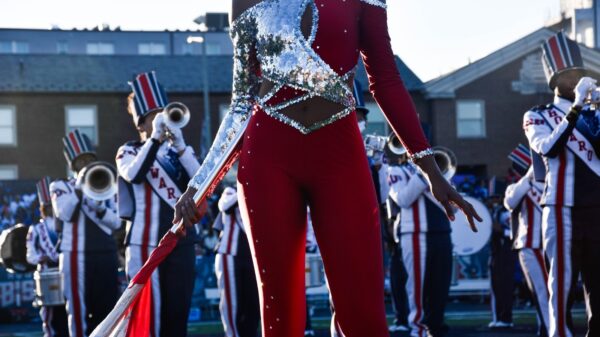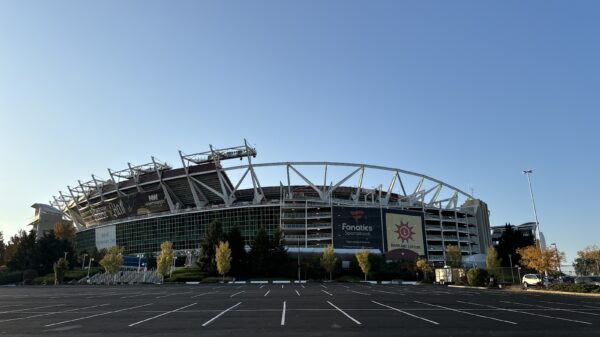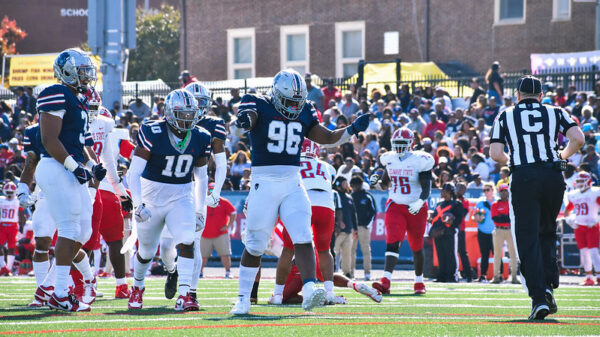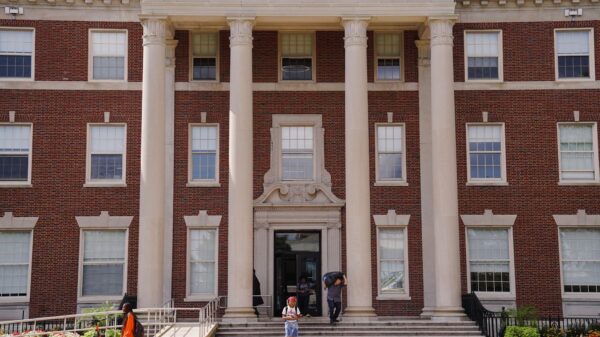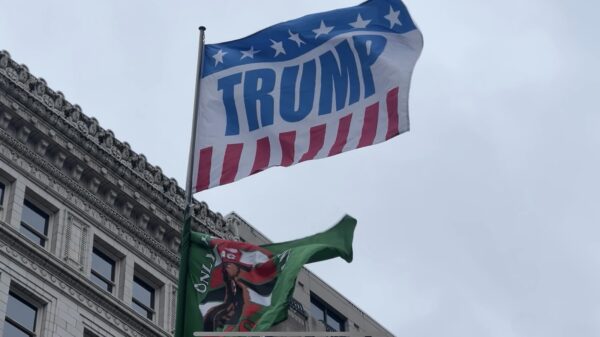By David DePriest, Columnist
Posted 12:30 AM EST, Sun., Apr. 9, 2017
Despite having a billion dollar war-chest, the adoration of the emergent majority of young, non-white Americans, advantages in organization and technology, the Democrats walked away from the 2016 general election largely empty-handed. Once-in-a-lifetime Senate pick-up opportunities in Ohio, Florida and Missouri were squandered by a flagging top of the ticket, and the resulting surrender of all branches of government to the Republicans guaranteed that the near-decade of progressive progress made under President Barack Obama will be partially undone or completely erased.
So what went wrong?
If you’ve been reading some of journalism’s pillar publications, you’d be forgiven for thinking that it’s you (that is to say, a young person of color who cares about social issues). Whether it’s Larissa MacFarquhar’s condescending New Yorker piece, Olivia Nuzzi’s fawning profile on Kellyanne Conway, or Chris Matthews’ constant paeans to the “real Americans” that supported Trump, the media has coalesced around a singular narrative of the election: that the Democrats’ focus on identity politics, or the politics of looking to appeal to more than just the white working class, made them lose touch with the “real America.”
That’s garbage.
What’s worse, this theory is undergirded by a romantic ethno-nationalism not too far from Steve Bannon’s “America First” ideology. This theory lives and dies on the assumption that there are two Americas, the America of the coastal elites, and the “real” America. These “real” Americans are, undeniably, white.
This view is not new. It’s long been accepted as truth by most of America. Advertisements looking to evoke feelings of patriotism and nationalism often use the same types of images to great effect: the pick-up truck, the little league game. It’s a lazy form of virtue signaling, a way for a major interest to show just how well it knows you as an American and how easily it empathizes with your struggles.
However, the media’s newfound fascination with this narrative demonstrates a notable shift in the way that America perceives itself and its vision for progress. Following the elections of Barack Obama in 2008 and 2012, it became hard to peddle this narrative. The landscape of American life was changing, and it became harder to deny that America was becoming younger, darker and more educated.
And this shift in electoral power and cultural capital coincided with a shift in mores and priorities. When confronted with the deaths of innocent black people across the nation, whites in Ohio were forced to ask themselves, “why don’t I feel anything?” When the struggles of women in the workplace became undeniable, white men in rural Pennsylvania were forced to question why their masculinity was so tightly coupled with the suppression of women’s freedoms. And when the Obergefell decision granted same-sex couples the right to marry, straight white couples in West Virginia and North Carolina were forced to reckon with the question of why their marriages’ sanctity hinged on the denial of the right to others. When confronted with the complexity of modern life, the moral failings of the “American Way,” white America simply asked: Why can’t we go back to the good ol’ days when men were men, women knew their place, and politics focused on issues that were relevant to me? And me only.
If the Democratic Party begins to try to cater solely to the whites they lost, or to the conservatives and moderates they hope to gain, they will be sounding their own death knell. The only way that Democrats can win going forward is by galvanizing this new majority of black and brown people, of young people and queer people and urban dwellers. To embrace a message of full economic, social and political equality for all Americans. Why kick your diehards to the curb in pursuit of a dying ideal of what America never looked like? Are you really going to cede the soul of the party and its morality in the hope of accommodating the minority of American voters? More simply: are white voters really worth it?




